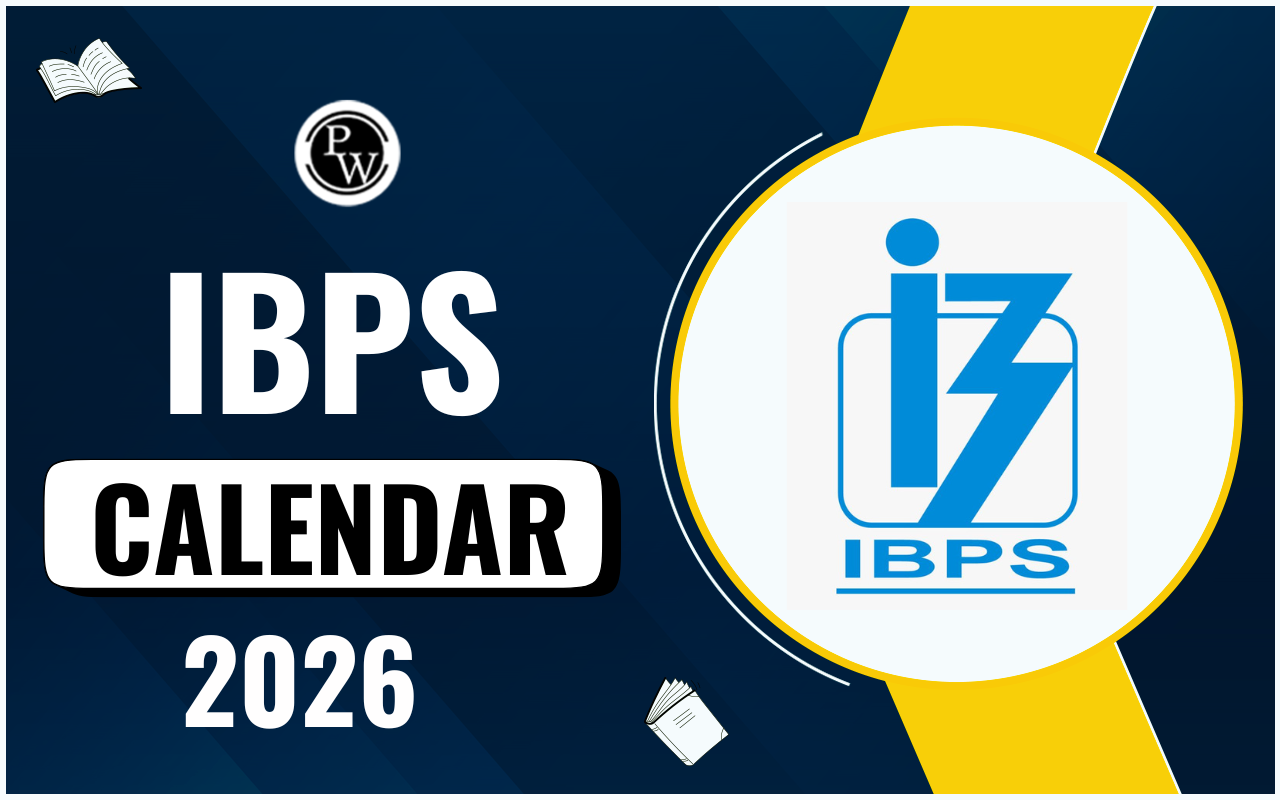
One Rank One Pension
One Rank One Pension , also known as OROP , is frequently mentioned in the news concerning the well-being of the Indian armed forces. This article explains the government's One Rank One Pension scheme, including its meaning, functioning, origin and details.
One Rank One Pension Meaning
OROP for Defense Forces Personnel means that individuals retiring in the same rank with the same years of service will receive a uniform pension, regardless of when they retire. This ensures fairness by reducing the gap between the pensions of current and past pensioners.
The government decided to implement OROP in 2015, and the benefits were applied from July 1, 2014. The re-fixation of pensions for past pensioners is based on the pension of retirees in the calendar year 2013.
One Rank One Pension Functioning
- Re-fixation of Pension: The pension for past pensioners is re-fixed based on the average of the minimum and maximum pension of personnel retired in 2013 with the same rank and length of service.
- Protection for Above-Average Pensioners: Those drawing pensions above the average are protected, ensuring their pensions won't be reduced.
- Arrears Payment: Arrears, the pending differences in pension amounts, are paid in four equal half-yearly installments. However, family pensioners and Gallantry award winners receive arrears in a single installment.
- Periodic Re-fixation: Every five years, pensions are re-fixed to account for changes and maintain fairness.
- Implementation Agency: The Department of Ex-Servicemen Welfare in the Ministry of Defence is responsible for implementing OROP.
- Payment Integration: OROP is not a separate payment but is integrated into the regular pension amount.
- Inapplicability: Individuals who voluntarily request discharge under specific rules will not be entitled to OROP benefits.
What is the One Rank One Pension Scheme?
One Rank One Pension (OROP) means that armed forces personnel with the same rank and length of service receive the same pension, regardless of their retirement date.
For example, an officer who served from 1985 to 2000 and retired in 2000 would receive the same pension as an officer who retired in 2010 after serving from 1995 to 2010 (15 years).
Before OROP, pensions were calculated based on the last salary drawn, regardless of the length of service. This led to disparities, where a lieutenant general retiring in 1995 would get a pension almost 10% lower than a colonel retiring after 2006, even with the same length of service.
Similarly, a jawan retiring in 1995 would receive nearly 80% less pension than a counterpart retiring after 2006. Ex-servicemen have long demanded OROP to address these pension discrepancies.
While the demand has existed for decades, it gained more attention recently due to political parties including it in their election manifestos.
One Rank One Pension (OROP) Features
- Fairness Across Pay Commissions: The gap between pensions of present and past pensioners widens with each pay commission. Veterans argue that OROP is a matter of justice, equity, honor, and national security.
- Morale of Military Personnel: Lower pay compared to civilian counterparts affects the morale of military personnel. This can impact the motivation and effectiveness of serving officers and soldiers.
- Shorter Military Careers: Military personnel often have shorter careers, retiring at younger ages than civilians. Adequate support through OROP is needed to ensure a dignified life post-retirement.
- Attractiveness of Military Career: OROP makes a career in the armed forces more attractive for young people, preventing them from being lured into private enterprises or civilian government jobs.
- Moral Obligation: There is a moral obligation for the state and society to give back to the armed forces who sacrificed their youth for the country.
Arguments Against One Rank One Pension (OROP)
- Financial Burden: Implementing OROP would impose a significant financial burden on the exchequer, with an expected annual cost of 8000 to 10000 crore, increasing with salary revisions.
- Additional Allowances: Some argue that armed forces receive allowances not given to civilians, such as dedicated schools, hospitals, subsidized food, and quotas in educational institutions.
- Potential Demands from Other Forces: Paramilitary and police forces might make similar demands, as their conditions of service are often challenging.
- Administrative Challenges: Implementing OROP could pose administrative challenges due to the lack of records going back decades.
One Rank One Pension Issue Origins
- Pre-1973: OROP was the model for deciding pensions for 26 years after independence.
- 1973: The Indira Gandhi-led government terminated the OROP model.
- 1986: The Rajiv Gandhi-led government implemented the Rank Pay Scheme, reducing pensions for armed forces personnel.
One Rank One Pension Current Status
- The government ordered the re-fixing of past pensioners' pensions based on 2013 retirees, effective from January 2014.
- Pensions would be re-fixed based on the average of the minimum and maximum pension of 2013 retirees with the same rank and length of service.
- Reviews of pensions would occur every five years.
- Personnel opting for voluntary premature retirement are not eligible for OROP.
- A one-member judicial commission was appointed to address anomalies.
Current Status Ongoing Concerns
- Ex-servicemen have grievances, including fixing the pension as the maximum rather than the average, making the judicial commission multi-member, extending OROP to those taking premature retirement, and an annual review of pensions.
- A careful evaluation of OROP is needed to maintain trust between the armed forces and the government, considering both morale and fiscal health. The government must weigh the emotive nature of the issue and the demands of veterans in any decision-making process.
One Rank One Pension Latest News
In February 2023, the Supreme Court scolded the Ministry of Defence for being slow in paying the arrears of One Rank-One Pension (OROP).
- Some ex-servicemen filed a request, asking the government to instruct that all arrears be paid at once.
- The Supreme Court questioned the secretary about why she issued a notification that extended the deadline for payments set by the court.
- In response to the Supreme Court's criticism of the defence ministry's delay in OROP payments, the government has instructed the Controller General Defence Accounts (CGDA) to pay all overdue OROP arrears to ex-servicemen in one go by March 15.
What is the One Rank One Pension rule?
Who is eligible for OROP scheme?
What is the latest news about One Rank One Pension 2023?
What is One Rank One Pension for widow?










